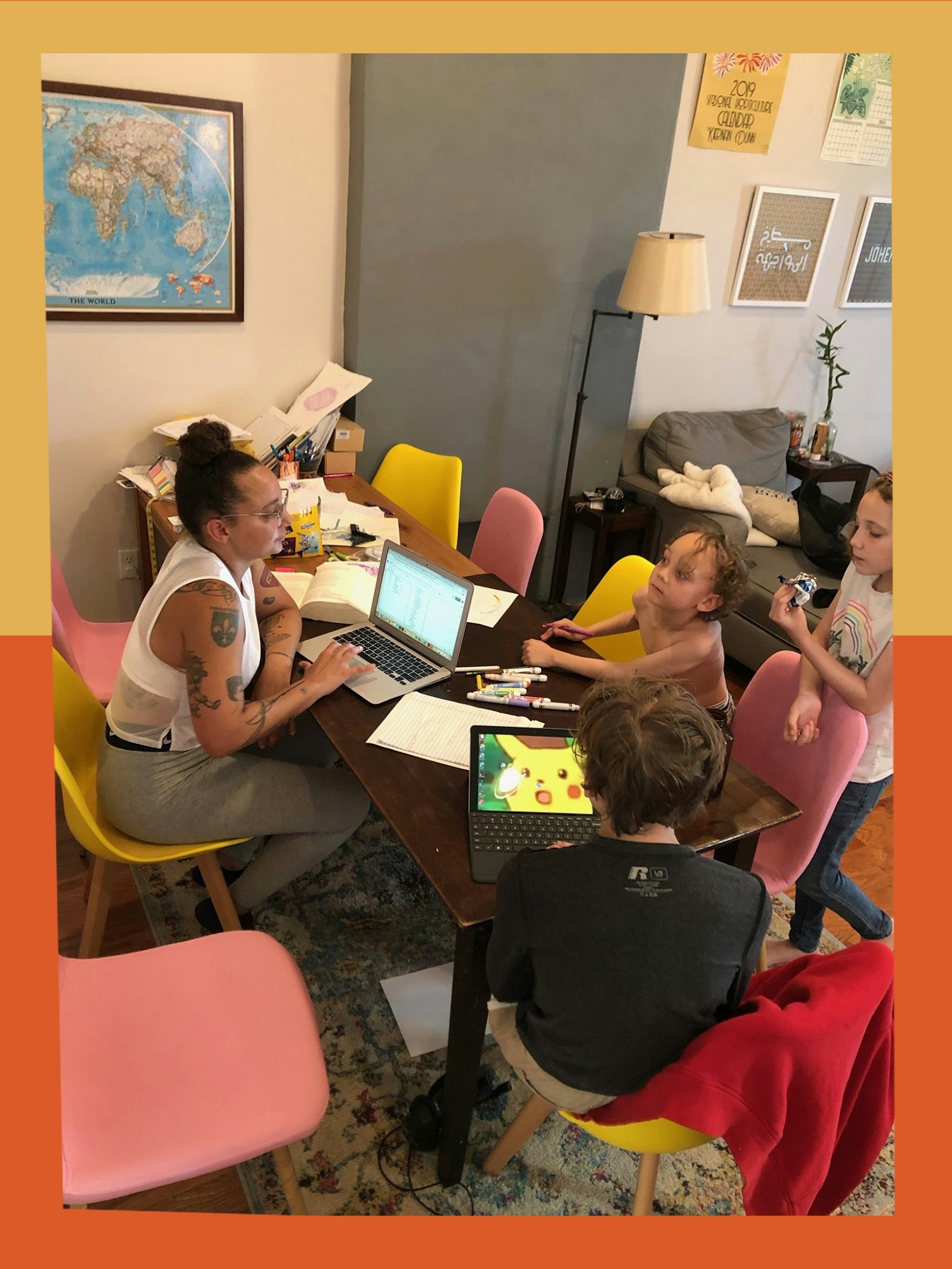And here’s the thing: my kids will be fine. They’ll be fine even though almost a quarter of residents in our city live in poverty (that’s compared to just over 10% nationwide). They’ll be fine even though more than half of the kids at their school qualify for free lunch, and even though their school only got a C on the city’s school rating chart. I chose this school for my kids precisely because as a light-skinned Black person, as a first generation middle-class person, as the daughter of a father who literally integrated his middle school in 1960s Louisiana, and as a person whose family is full of people who aren’t as privileged as I’ve been; I know how important it is to choose the good of the community over the good of the individual. A rising tide lifts all boats. And that’s a lesson that a lot of us could stand to learn in the midst of a global pandemic.
My kids will be fine not because they’re smarter, but because they’re privileged. Our household income is low, but my kids have three sets of grandparents, and all of them are middle class. Parental education level is another predictor of a kids’ school success, and, while their dad never finished college, my partner and I have four degrees between us. My kids don’t stand to be hampered by missing a couple of months of directed learning, but, if they can learn online while their less privileged classmates can’t, then that’s not fair. I love my children and want them to thrive (and I think they’re wonderful little geniuses). I think other people’s children deserve the same opportunity (and I’m sure they’re wonderful little geniuses, too).






